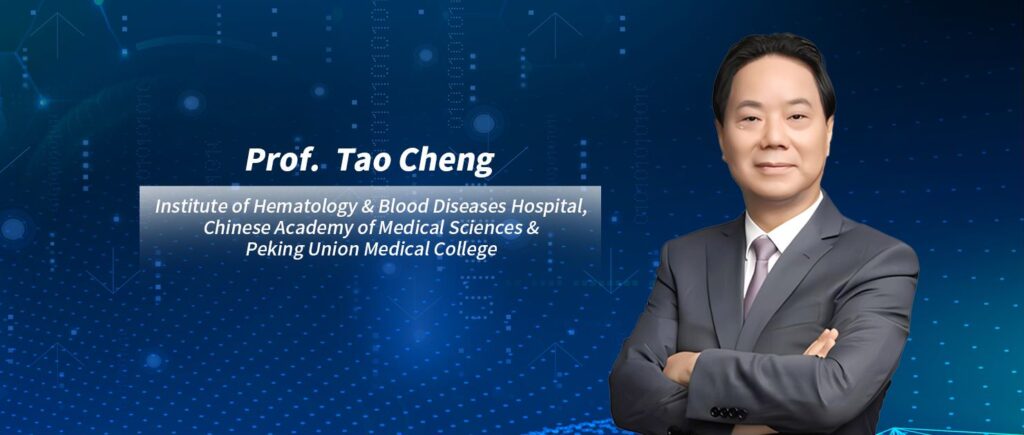EBMT Hot Review | Professor Depei Wu: PT-Cy Regimen for GVHD Prevention May Lead to T-Cell Diversity Deficiency, Significantly Impacting Efficacy and Safety
Graft-versus-host disease (GVHD) is one of the major complications following allogeneic hematopoietic stem cell transplantation (allo-HSCT), exhibiting diverse clinical manifestations with prolonged course. Improper diagnosis and treatment can not only affect patients' quality of life but also have a significant impact on long-term survival. With the continuous improvement of modern transplant technology, patients' demand for post-transplant quality of life is increasing, emphasizing the importance of GVHD prevention and treatment. From April 14th to 17th, 2024, the 50th Annual Meeting of the European Society for Blood and Marrow Transplantation (EBMT2024) was held in Glasgow, UK. On the second day of the conference, Leslie Kean and colleagues from the Dana-Farber/Boston Children's Cancer and Blood Disorders Center in the United States orally presented a clinical study (Abstract No. GS02-02), suggesting that the post-transplant cyclophosphamide (PT-Cy) regimen, while effectively controlling unrelated donor GVHD, may increase the risk of grade 2 or higher infections. Through further large-scale T-cell receptor (TCR) sequencing (TCR-seq), researchers found that PT-Cy significantly reduces patients' TCR diversity, which may be a contributing factor to the higher incidence of infections. We are pleased to invite Professor Depei Wu from The First Affiliated Hospital of Soochow University to provide insightful commentary on this study.



